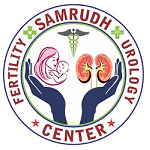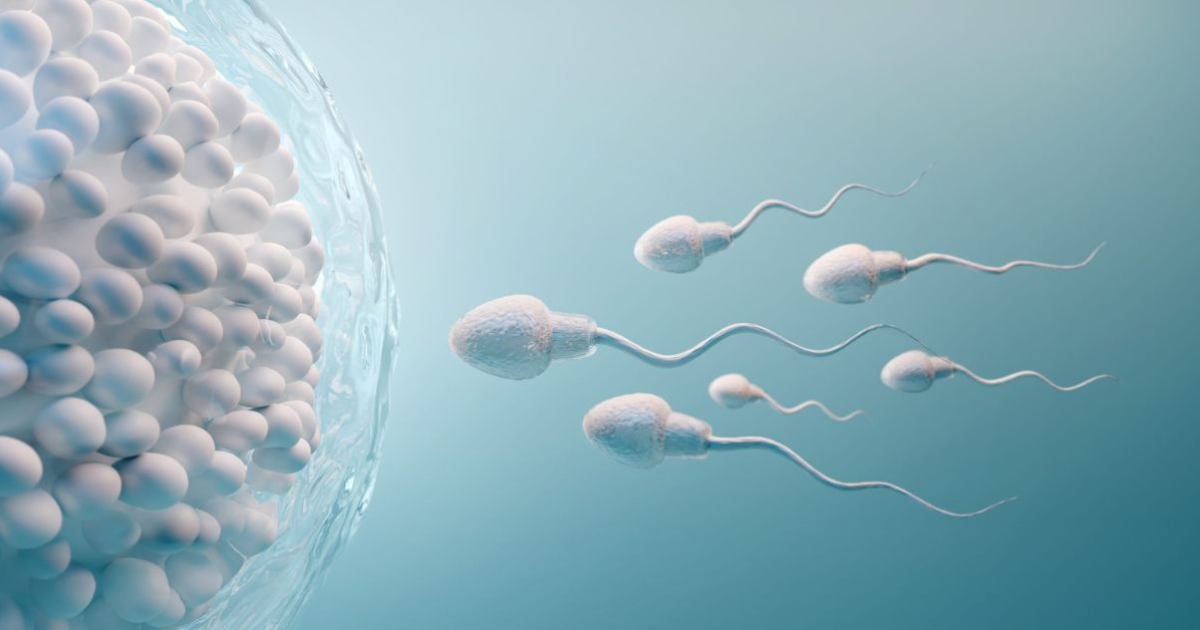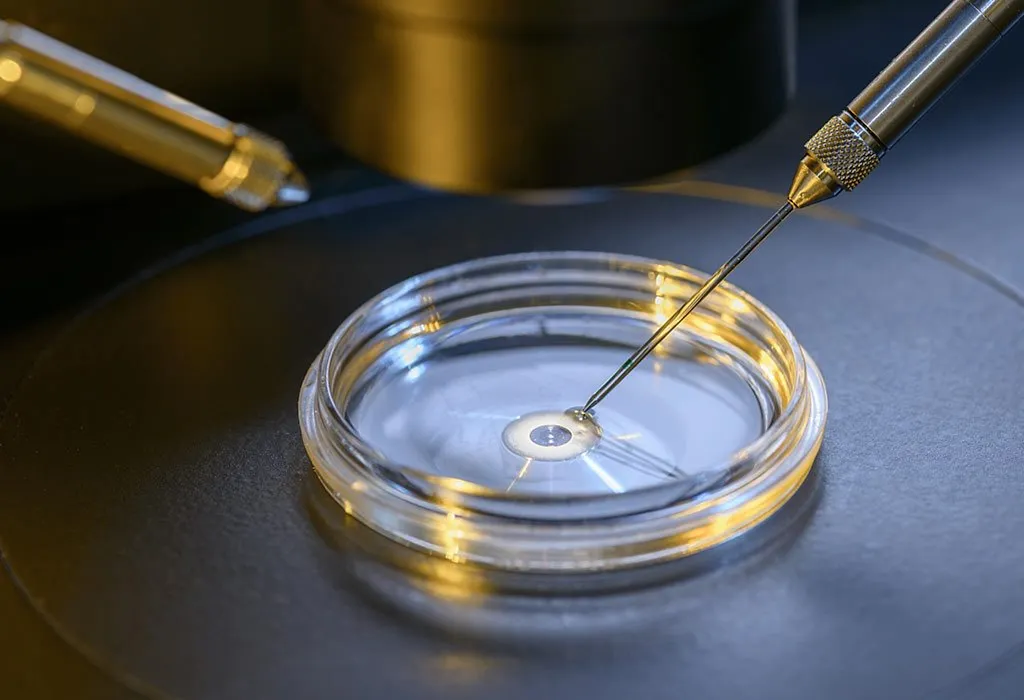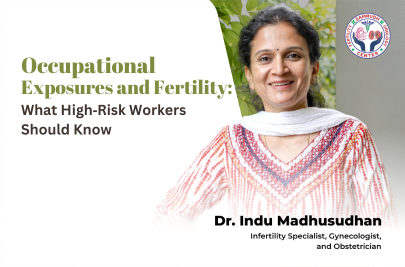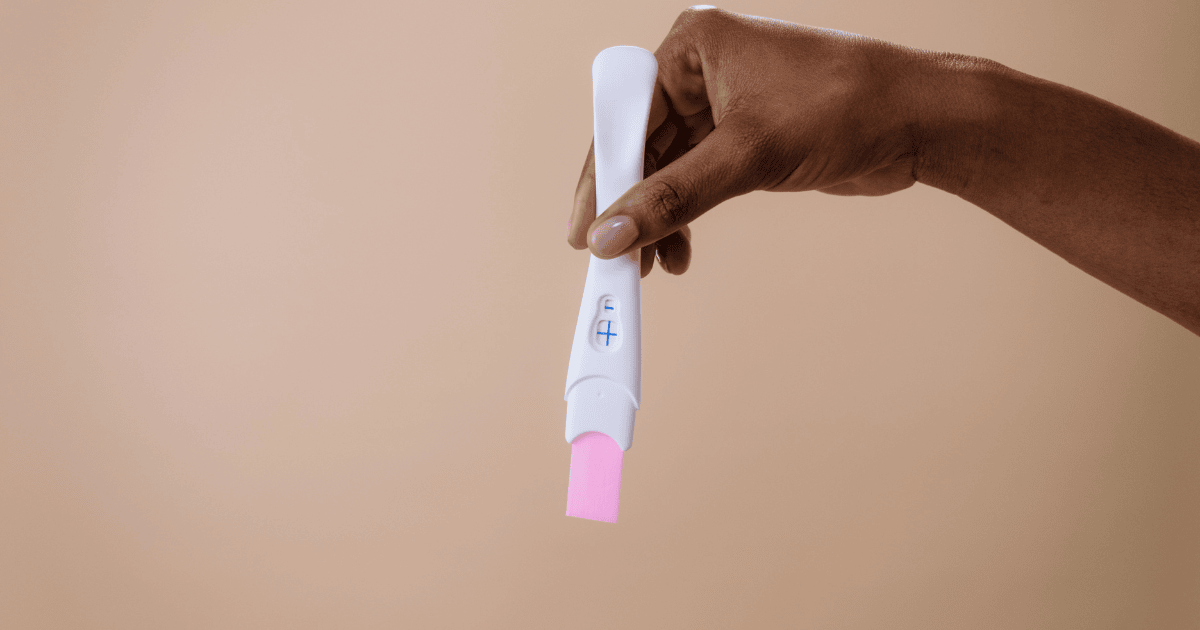Table of Contents
Introduction
Signs of Poor Egg Quality
Why Egg Quality and Quantity Matter for Pregnancy
Medical Facts About Egg Count in Women
Cause 1: Age and Egg Quality
Cause 2: Lifestyle Factors and Egg Quality
Cause 3: Environmental Factors and Egg Quality
Cause 4: Hormonal Imbalances
Cause 5: Specific Medical Conditions
How Can You Test Egg Quality for Fertility?
Ways to Improve Egg Quality
Your Path to Egg-cellent Reproductive Health
Introduction
Whether a woman is trying to conceive or just focusing on her reproductive health, understanding the causes of poor egg quality is very important. Healthy eggs are essential for natural conception and assisted reproductive treatments like IVF. Poor egg quality can reduce fertility chances, increase miscarriage risks, and affect the overall pregnancy journey. This blog explains the signs of poor egg quality, its main causes, and what women can do to improve it.
Signs of Poor Egg Quality
Recognizing the signs of declining egg quality early can help in taking timely medical steps.
Common indicators include:
Difficulty conceiving, especially in women over 35.
Recurrent miscarriages in early pregnancy.
Irregular menstrual cycles or absent periods.
Shorter cycles, heavy bleeding, or unusual flow.
Low Anti-Müllerian Hormone (AMH) levels.
Poor response to IVF stimulation or low embryo quality.
These symptoms are not always definite proof, but they often signal the need for further fertility testing.
Why Egg Quality and Quantity Matter for Pregnancy
Each month, the ovaries release an egg during ovulation. The genetic health and structural quality of this egg determines whether it can be fertilized and result in a healthy pregnancy. Poor egg quality can lead to difficulties in conception or increase the risks of genetic disorders and miscarriages.
A key point to remember: egg quality is equally important as egg quantity. Even if a woman has a good ovarian reserve, poor egg quality can still cause challenges.
Medical Facts About Egg Count in Women
Women are born with a fixed number of eggs, and the count naturally declines with age.
| Stage of Life | Approximate Number of Eggs | Key Notes |
|---|---|---|
| At Birth | ~2 million | All eggs are present at birth. |
| Puberty | ~300,000 | About 25% of eggs remain. |
| Age 30 | ~100,000–150,000 | Egg quality starts declining. |
| Age 40 | <20,000 | About 40% reduction in healthy eggs. |
This natural decline highlights the importance of timely fertility planning.
Cause 1: Age and Egg Quality
Age is the most well-known factor affecting egg quality.
After age 35, egg quality declines more rapidly.
The risk of chromosomal abnormalities, such as Down syndrome, increases with maternal age.
Miscarriage rates are higher in women over 35 due to poor-quality eggs.
Data Insight: Miscarriage and Age
Under 35: ~15% miscarriage rate
Age 35–39: ~25% miscarriage rate
Age 40 and above: ~40% miscarriage rate
Cause 2: Lifestyle Factors and Egg Quality
Lifestyle plays a significant role in reproductive health. Poor habits can accelerate the decline in egg quality.
Key lifestyle factors include:
Smoking: Damages DNA and lowers egg reserve.
Alcohol: Reduces egg health and affects ovulation.
Obesity: Disrupts hormonal balance and egg development.
Poor diet: Lack of vitamins, antioxidants, and minerals reduces egg health.
Stress: Increases cortisol, which interferes with reproductive hormones.
Cause 3: Environmental Factors and Egg Quality
In modern life, women are exposed to environmental toxins that can damage reproductive health.
Harmful exposures include:
Heavy metals: Mercury and lead can harm egg quality.
Pesticides: Common in food and agricultural exposure.
Plastics (BPA, phthalates): Found in bottles, containers, and packaging.
Air pollution: Linked to poor ovarian reserve.
Heat exposure: Frequent saunas or prolonged laptop use on the lap may affect ovarian function.
Table: Common Environmental Toxins Affecting Fertility
| Toxin Type | Source | Effect on Fertility |
|---|---|---|
| BPA | Plastic bottles, packaging | Hormonal disruption |
| Pesticides | Fruits, vegetables | DNA damage in eggs |
| Mercury | Contaminated fish | Impairs egg development |
| Air Pollution | Vehicle fumes | Lower ovarian reserve |
Cause 4: Hormonal Imbalances
Hormones regulate egg development and ovulation. Any imbalance can affect egg quality.
Common hormonal conditions include:
Polycystic Ovary Syndrome (PCOS): Causes irregular ovulation and poor-quality eggs.
Thyroid Disorders: Both hypothyroidism and hyperthyroidism disrupt egg maturation.
Insulin Resistance: Affects hormone balance and egg health.
Irregular menstrual cycles: Sign of poor hormonal regulation impacting ovulation.
Cause 5: Specific Medical Conditions
Some medical issues directly affect ovarian reserve and egg quality.
Examples include:
Endometriosis: Damages ovarian tissue and egg reserve.
Autoimmune Disorders: Can attack ovarian tissue.
Genetic Disorders: Klinefelter syndrome, Turner syndrome, or Y chromosome deletions.
Cancer Treatments: Radiation and chemotherapy reduce egg reserve.
Pelvic Infections & Ovarian Surgery: Can reduce egg count and affect quality.
How Can You Test the Egg Quality for Fertility?
There is no single test that directly measures egg quality. However, doctors use indirect methods to assess fertility potential.
Common diagnostic tests include:
AMH (Anti-Müllerian Hormone): Indicates ovarian reserve.
Basal FSH (Follicle-Stimulating Hormone): High levels may suggest declining egg quality.
Estradiol Testing: Helps assess ovarian function.
Antral Follicle Count (AFC): Ultrasound to count developing follicles.
Preimplantation Genetic Testing (PGT): Identifies chromosomal abnormalities in embryos during IVF.
Ways to Improve Egg Quality
Improving egg quality requires lifestyle modifications and sometimes medical support.
Lifestyle improvements:
Eat a balanced diet rich in antioxidants (vitamins C, E, omega-3).
Exercise regularly but moderately.
Manage stress through yoga, meditation, or counselling.
Quit smoking and limit alcohol intake.
Maintain a healthy BMI.
Avoid prolonged exposure to toxins.
Medical treatments:
Coenzyme Q10 (CoQ10) and DHEA supplements: Shown to improve egg health.
IVF with Preimplantation Genetic Testing (PGT): Helps select healthy embryos.
Egg Donation: An option for women with severely poor egg quality.
Hormone therapy: To regulate imbalances.
Fertility preservation (egg freezing): For women delaying pregnancy.
Your Path to Egg-cellent Reproductive Health
Poor egg quality can be caused by age, lifestyle, environmental exposures, hormonal problems, and medical conditions. But with the right lifestyle changes, timely testing, and professional medical care, women can still achieve their fertility goals.
At Samrudh Fertility & Urology, Bangalore, we specialize in identifying fertility challenges and providing tailored treatments. Our team helps women improve egg quality and maximize the chances of a successful pregnancy.
Read Similar Topics :

